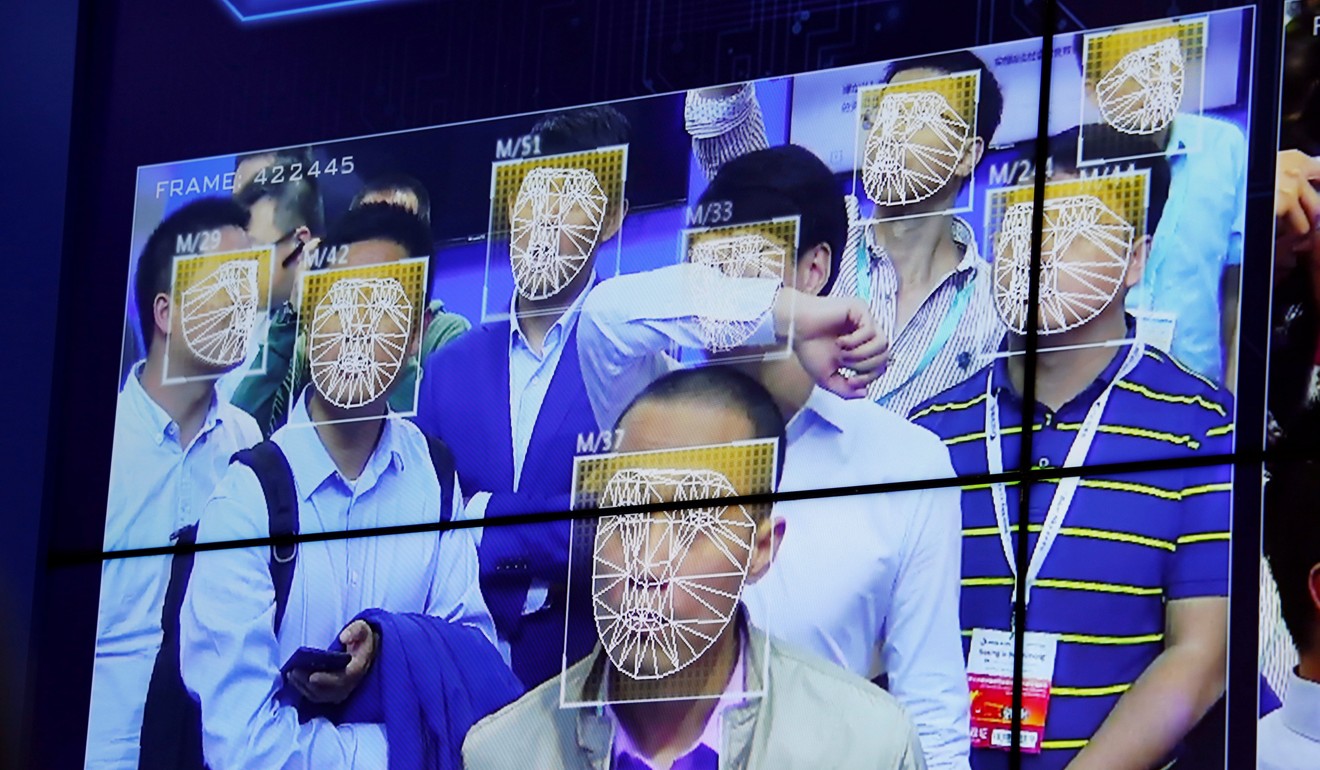
When Hongkongers prioritise work-life balance over a pay rise, employers must adapt
Trevor Yu says that as technology destabilises the workplace and employees’ free time diminishes, employers who take the initiative in training, plus ensuring job satisfaction and flexible work hours, will have the advantage
While an attractive salary package may have been how to retain and motivate talent until recently, it is no longer as high on a prospect’s list of considerations. Today, even a flight – traditionally an email-free sanctuary for travelling executives – is no longer free of work’s daily pressures.
Jack Ma: In the future, we’ll work just 3 hours a day
Flexible working options not just wanted by Asia’s mothers, but by fathers too
We now also have a labour market characterised by shorter-term, more varied work that is unpredictable and devoid of boundaries. These conditions combine to shift the responsibility for managing careers from the employer towards the individual. The old days of clear career trajectories and stable employment are over.
As a new set of career aspirations emerge, along with innovative work-enablers and greater diversity among employees, we need to think about a new model where everyone receives equal opportunity to adapt and succeed.

Mobility is rewriting the future of offices
We need to negotiate a new social contract in the workforce, one that prioritises lifelong learning and retraining for both employee and employer. And for this new social contract to achieve its purpose, both employer and employee must recognise what their new roles entail.
Instead of waiting for the next promotion, employees now expect to actively seek out opportunities to develop, renew and enhance their ability to adapt to the challenges posed by constant change in the economy. This is only possible with the support of governments and companies coming together to provide ample learning tools and platforms, combined with proactivity from employees to voice their suggestions.
‘We are working like dogs’: Hong Kong workers’ groups march for standard hours and more public holidays
The days of one-sided employer-driven approaches to career management are over. Preparing Hong Kong’s global workforce for the uncertain challenges ahead is now a shared responsibility between individuals and their employers.
Individuals have to be more proactive, strategic and entrepreneurial in choosing how to invest their time and resources to achieve career goals. But this new social contract, which will ultimately create a shared future despite the fractured society we face today – starts from within the company.
Trevor Yu is an associate professor in the Division of Strategy, Management & Organisation at Nanyang Business School, Nanyang Technological University
